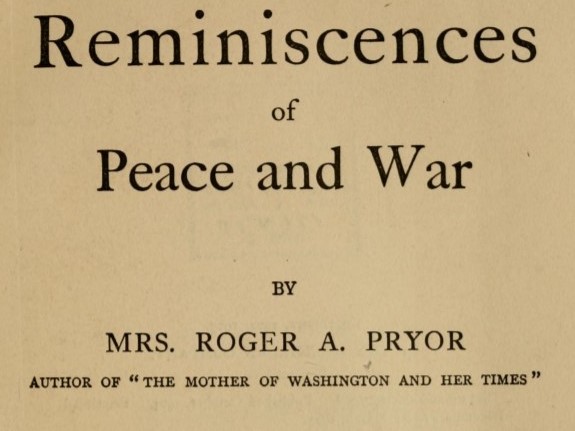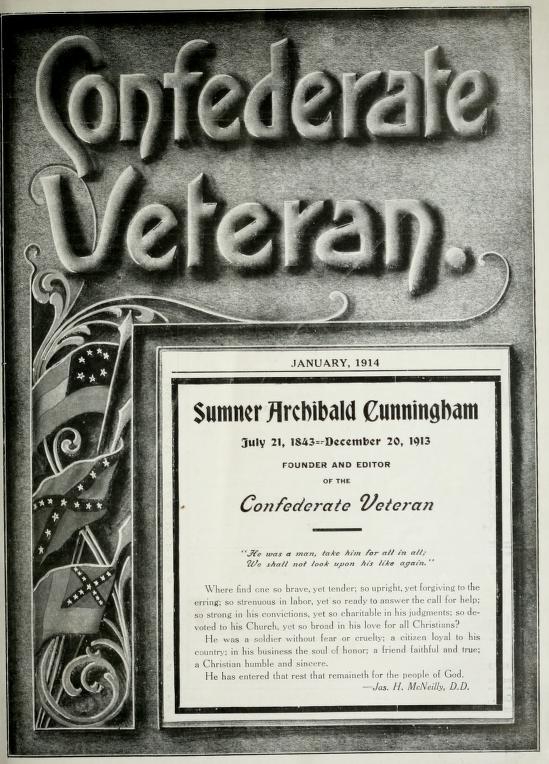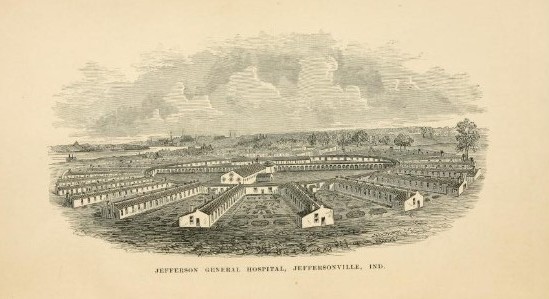Medicine & Food
During the American Civil War, the Confederacy struggled with supplying both its people and its military with food, medicine, and other necessities. An unsteady government, desertion, and the Union blockades all posed trouble for the Confederacy. This page aims to explore how, and what, people kept going.
Reminiscenes of Peace and War
The account of Sara Agnes Rice Pryor, a Virginian women, as she recounts various strories of the war, and before. She discusses politics, war struggles, battles, and her own personal life. She gives insight on how the war effected civilians, and the changes in its populace after famine and dwindiling resources.
In the South, many anasthetsics, such as morphine, chloroform, opium, were considered "contraband of war." Many medical supplies had to be snuck over by blockade runners. As one women recounts, "This was our great grief. Our soldier boys, who had done nothing to bring the war upon the country, must suffer every pang that followed the disasters of battle" (Pryor, 267).
Women often served as nurses, or aided the cause via donation. They often helped get contraband to the people of the Confederacy, and served as key providers of food and labor when most of the men went to war.
War Spirit at the Virginia Military Institute
A cadet describes the morale and conditions of a military institute in Lexington, Virgina, in 1861.
Rank and File of The Confederate Armies (not in Haskell Monroe)
Horntense Herman describes the "rank and file" lives of Confederate soldiers, detaling things like morale, access to goods, and their general conditions. As she says, "The South had no adequate supply or assured means of obtaining such necessities as quinine, opium, and similar articles, with the result that the Southern rank and file were forced to fight pain, disease, and the lack of surgical and medicinal aid as well as the Northern armies" (Herman, 202).
Food supply for marching troops was unconsistent, as it depended on the troops and wagon trains conditions and locations, as well as "other accidents and mishaps of the campaign." Not eating for days at a time while on the move or fighting was both a common and accepted situation.
Because of Confederacy's lack of supplies, stopping while on the march to forage was often allowed. In cities like Richmond, though citizens themeslves often experienced food shortages, families lent aid. The people of the South would give food and medical aid to marching soldiers, sometimes allowing them to reocver in their own homes, and would send vegetables, fruits, and other food to hospitals.
Hospital Pencillings: Being a Diary While in Jefferson General Hospital, Jeffersonville, Ind., and Others at Nashville, Tennessee, as Matron and Visitor
An account of Elvira J. Powers travels through the South, and her experience in hospitals. She documents the cities she goes to, as well as the people and sickness she encounters.


